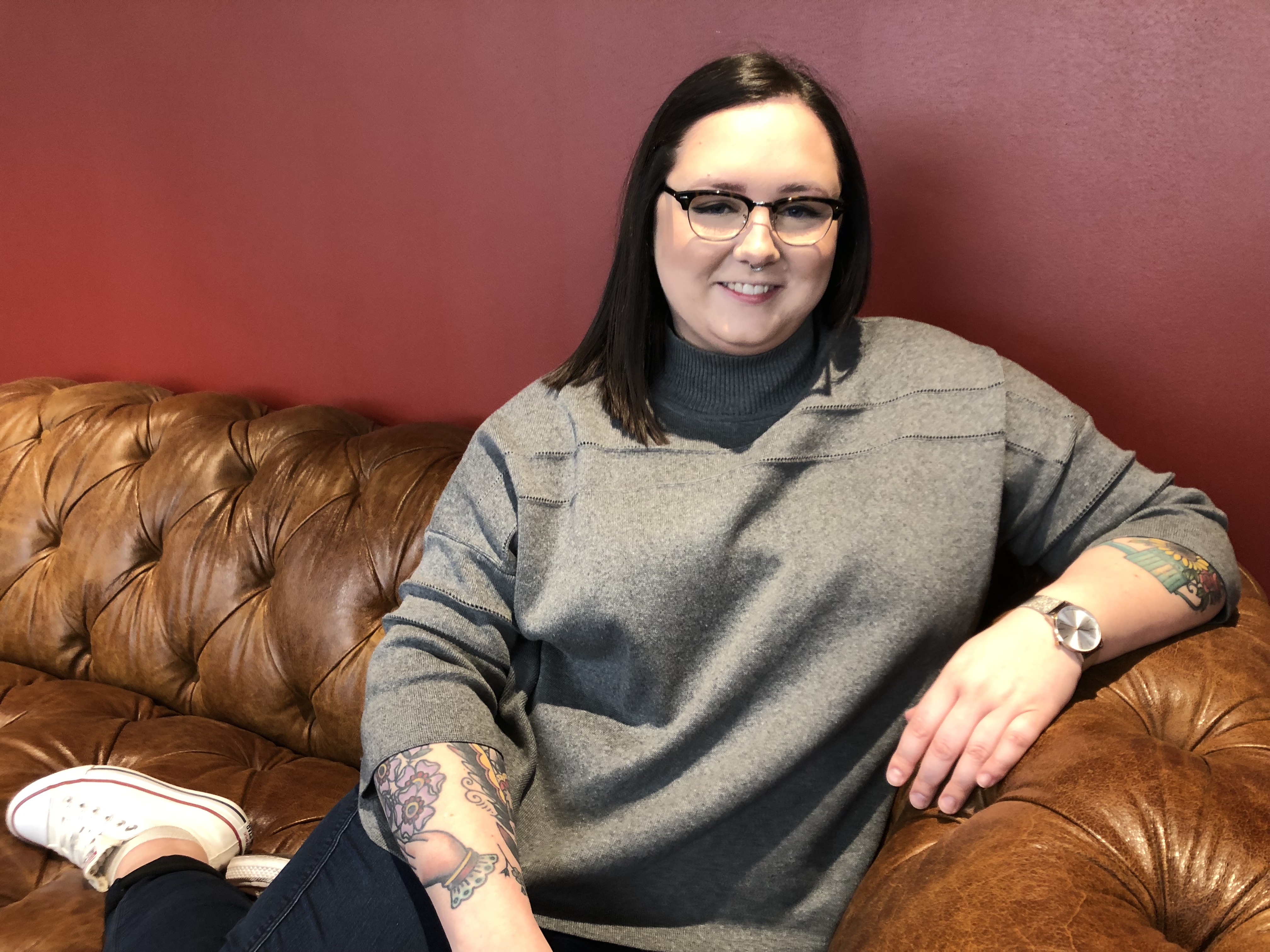Research: How women making meaning of their tattoos is leading to a more body positive view
Date 8.04.2019
8.04.2019
Tattoos are becoming increasingly popular among women and new research by the University of Northampton has revealed they assign highly personal rules and meanings to their body-art.
Dr Charlotte Dann, Lecturer in Psychology spoke with 15 women about why they got ‘inked’ and what their tattoos mean to them.
She found that how women make meaningful sense of their tattoos, which are viewed by other people in a generally negative light – that they are aggressive or ‘bad’ – helps legitimise having them and for women to start constructing their view of tattooed female bodies as more acceptable.
As women continue adding meaning to their tattoo choices, they are able to construct a sense of themselves that is more positive and ‘good’ – for instance, their tattoos will focus on their caring roles, their family as well as images and words that relate to their strength, such as their positive mental health.
Charlotte also found that all of the women she spoke to had their own rules about their tattoos. They felt there was a ‘right’ and ‘wrong’ reason for women having them that was highly personal for each individual.
What makes having a tattoo ‘right’ for one woman was viewed by another as being ‘wrong’, that another woman had the tattoo ‘for the sake of it’, therefore rendering it ‘meaningless’.
Previous research into tattoos has been heavily weighted toward studies of men’s tattoos and has tended to have a criminality slant. Researchers have tended to concentrate on prisoners and how their tattoos relate to them being part of a gang or, historically, sailors tattooing as emblems.
Little has focused on more positive contexts and the meaning people, especially women, give to theirs. Charlotte’s research reveals that women use the design and position of the tattoo on their bodies to not only justify having them, but to define themselves.
Charlotte commented: “My research interests are theories of femininity and how women make sense of gender, their identity and how something like a tattoo intersects with this. Having tattoos myself, this research was a very revelatory and individual experience for all of us – it was interesting to see meaning having high importance to women, as my own are more centred around the artwork.
“We live in an era where women’s rights and gender equality are hot topics, but there are still very negative attitudes and responses – from employers and colleagues to the random person in the street – toward women who have tattoos. They are generally seen as thuggish, un-feminine or generally lacking in the more positive character traits attributed to their non-tattooed peers.
“There are still expectations placed on women about their tattoos such as their size and where on the body they are located, such as on the top of the arm where they can be hidden away, something tattooed men don’t usually experience.
“Further research such as this will help us explore even deeper into these areas and paint a clearer picture about how women conform or resist against such gendered pressures.”